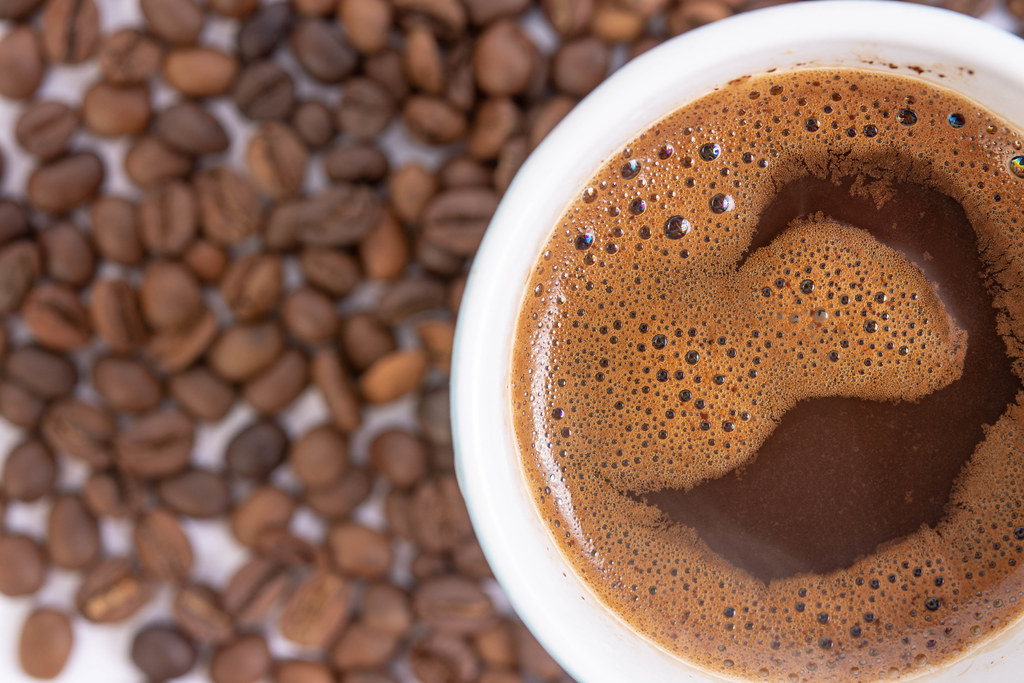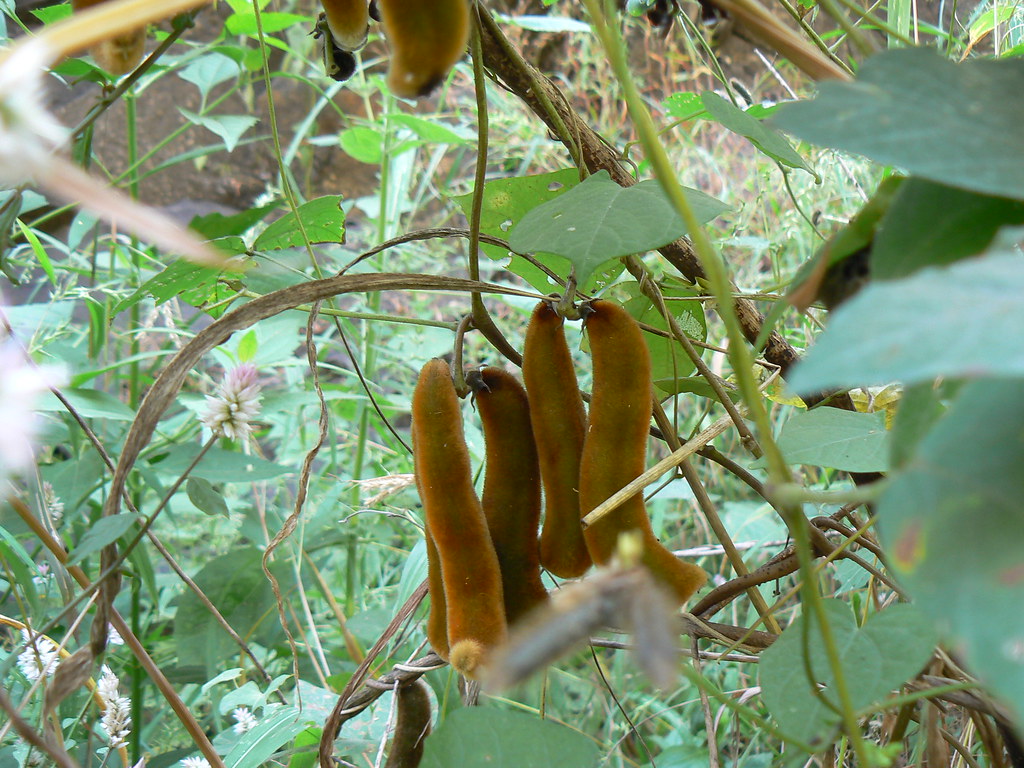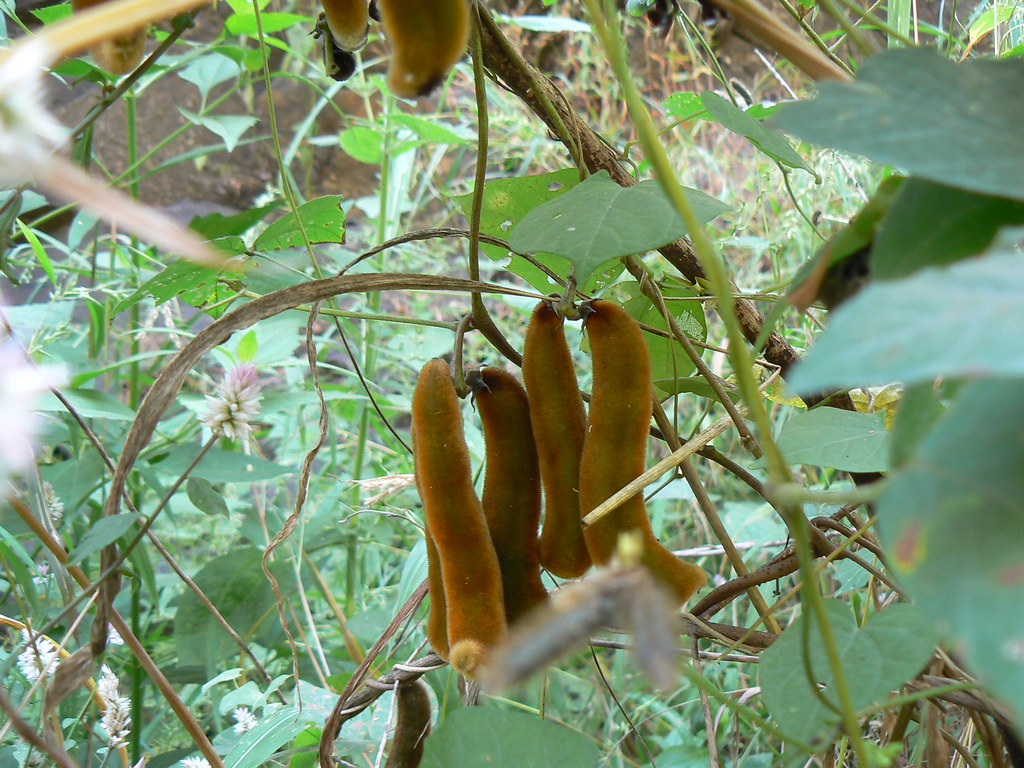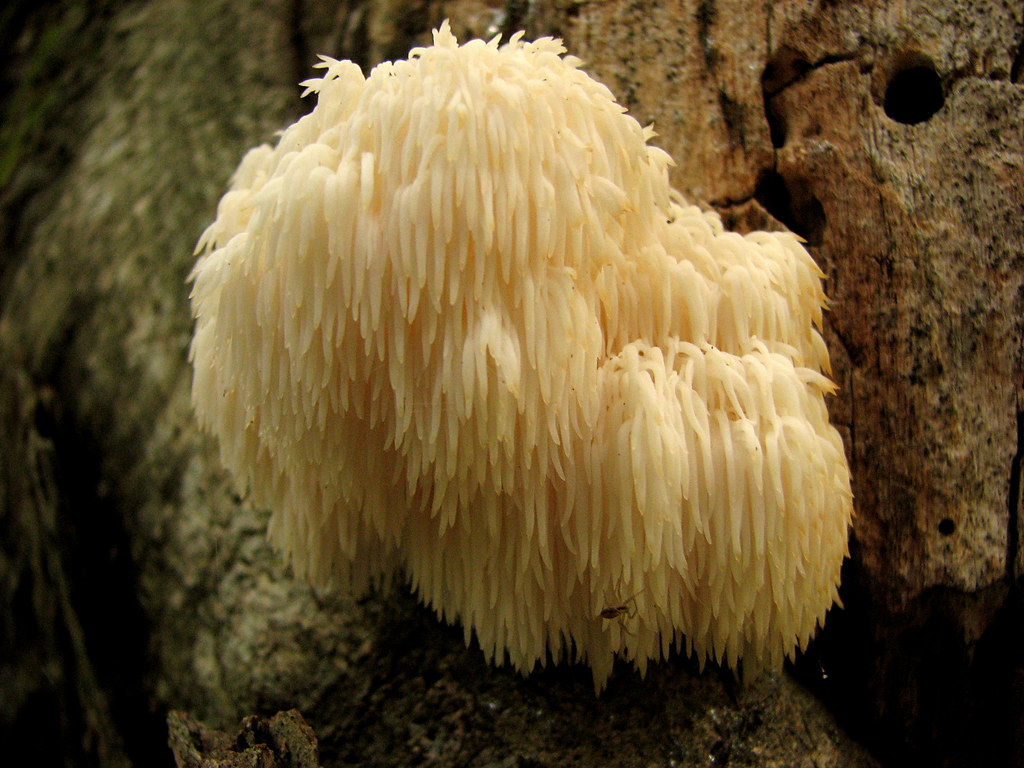Nootropics, colloquially known as “smart drugs,” are supplements that are meant to improve cognitive performance. These smart drugs, which include nootropics for motivation, are a rising trend in the supplement industry. Consumers want to experience more than optimal health and physical fitness, they want to experience optimal performance in all areas, including their motivation levels.
Although there are many kinds of nootropics and many ingredients available, in this article, we’ll focus on nootropics for motivation and discuss some of the most popular and interesting ingredients for nootropics for motivation according to the latest scientific research.
Whether you’re a supplement manufacturer interested in formulating these products, or you’re a consumer interested in giving them a try, these nootropics for motivation are worth learning about.
Contents
The demand for nootropics for motivation
Motivation is what drives a person to create the life they want to live. It’s the foundation of effort, productivity, goal-setting, and goal-achieving.
Unfortunately, many factors can affect and reduce motivation, including tiredness, fatigue, anxiety, depression, lack of dopamine in the brain, burnout, the feeling of being overwhelmed, and general cognitive decline.
People of all ages from all walks of life can be affected by these factors and, as a result, experience a lack of motivation. Fortunately, nootropics for motivation can improve these symptoms and help people everywhere achieve their goals.
1. Caffeine increases motivation by combating tiredness.
Caffeine, naturally found in coffee, tea, and kola nuts, is the most widely consumed psychoactive drug in the world. Likewise, caffeine is one of the most common nootropics for motivation.
Tiredness and fatigue can cause a severe lack of motivation. They can also negatively impact mood, alertness, cognitive performance, focus, and productivity.
Caffeine works to increase motivation by combating tiredness. More specifically, caffeine provides temporary relief from sleep pressure by blocking adenosine receptors in the brain. [1]
Several questionnaires and methods have been used to assess caffeine’s effects on tiredness, motivation, and mood. The general consensus is that caffeine (a) has a tendency to postpone sleep, (b) combats the negative effects of fatigue and boredom on performance, and (c) improves mood. [2] Altogether, these effects prove that caffeine is among the best nootropics for motivation.

2. Tyrosine increases motivation by increasing dopamine.
Tyrosine is a natural amino acid that is produced in the body. It’s also found in many high-protein foods, with especially high doses in cheese. In fact, “tyros” means cheese in Greek. [3]
Tyrosine is involved in the production of dopamine – a key neurotransmitter involved in the brain’s reward system and, therefore, a key neurotransmitter for motivation. [4]
Suppose, for example, that nailing a presentation at work gives you great pleasure. As you’re preparing for your meeting, your brains may increase dopamine, anticipating that the meeting will go well. This anticipation, then, motivates you to continue working toward the ultimate reward – the flood of dopamine you’ll feel when the meeting and presentation actually does go well.
Because of the direct link between tyrosine and dopamine, tyrosine is another common ingredient in nootropics for motivation. It’s also a common ingredient in nootropics for anxiety.

3. Mucuna Pruriens also increases dopamine.
Mucuna Pruriens is a tropical legume native to Africa and tropical Asia and widely naturalized and cultivated. Its most common English name is “Velvet Bean”. [5]
Mucuna Pruriens contains high levels of naturally occurring L-dopa, a precursor to dopamine. This means that Mucuna Pruriens can increase dopamine production in the brain and, therefore, increase motivation.
Many studies suggest that Mucuna Pruriens (specifically increased L-dopa) may also provide benefits for learning and memory. In one study, participants who had taken L-Dopa prior to learning exhibited higher recall accuracy during the learning session and at follow-up than those who had taken the placebo. [6]
Research suggests that increased dopamine may do more than just increase motivation. It may also assist with learning and memory. This knowledge makes both Tyrosine and Mucuca Pruriens great ingredients for nootropics for motivation.

4. Rhodiola Rosea increases motivation by reducing burnout.
Rhodiola Rosea (commonly known as golden root, rose root, roseroot) is a flowering plant in the Crassulaceae family that grows naturally in wild Arctic regions of Europe (including Britain), Asia, and North America. The plant has been used to treat anxiety and depression for thousands of years.
In recent years, researchers have found that Rhodiola Rosea reduces stress (including symptoms of burnout), while at the same time reducing symptoms of fatigue and depression.
In a 2017 study, researchers set out to test the effects of Rhodiola Rosea on symptoms of burnout, including feelings of energy depletion or exhaustion, feelings of negativism or cynicism related to one’s job, and reduced professional efficacy, just to name a few. The study examined a total of 118 participants who were given a daily dose of 400 mg Rhodiola Rosea over 12 weeks. They found that the supplement improved several symptoms of burnout after just 1 week of treatment and that symptoms continued to improve until the end of the study. [7]
Reduced symptoms of burnout, fatigue, and depression typically translates to increased feelings of motivation, making Rhodiola Rosea another interesting ingredient for nootropics for motivation. It’s also a common ingredient in nootropics for anxiety.

5. Ginkgo Biloba increases motivation by reducing anxiety.
Ginkgo biloba, also known as maidenhair, is a tree native to China that has been grown and cultivated since early human history.
Although Ginkgo Biloba has many uses and properties, including strong anti-inflammatory and antioxidant capacities and an ability to improve circulation, one of its most interesting properties for increasing motivation is its ability to reduce symptoms of anxiety.
In one study involving 107 people with generalized anxiety, the participants were treated with either 240 mg or 480 mg of ginkgo or a placebo. The group treated with the highest dose of ginkgo reported a 45% greater reduction in symptoms of anxiety, compared to the placebo group. [8]
Since lack of motivation is a common side effect of anxiety, Ginkgo Biloba might be the perfect nootropic for people suffering from a lack of motivation as a result of their anxiety.

6. Acetyl-L-Carnitine increases motivation by reducing depression.
Acetyl-L-carnitine (ALCAR) is an acetylated form of L-carnitine, an amino acid that is produced in the body. Although it’s naturally produced by the body, it is often also taken as a dietary supplement.
Low levels of ALCAR are associated with depression, especially severe depression that’s resistant to treatment. In one study involving 71 patients with a diagnosis of depression, those with the most severe depression also demonstrated the lowest levels of ALCAR. [9]
In a 2013 study conducted on rodents, researchers found that ALCAR had a fast-acting antidepressant effect on rats which was noticeable in just a few days. ALCAR has also been shown to improve both fatigue and depression in patients with chronic illnesses. Research suggests that it may work better for the elderly than for younger patients. [10]
Since lack of motivation is a common side effect of depression, ALCAR might be an interesting nootropic to increase motivation. Still, more research is needed to determine the effectiveness of ALCAR as a nootropic for motivation.

7. Lion’s Mane increases motivation by improving overall cognitive performance.
Lion’s Mane is an ancient Chinese medicinal mushroom that stimulates the production of Nerve Growth Factor (NGF) and, thus, contributes to motivation and cognitive performance.
NGF is essential for the development, maintenance, and functional integrity of neurons in the peripheral nervous system (PNS) and the central nervous system (CNS). Since neurons in the CNS are partially responsible for attention, arousal, motivation, memory and consciousness, NFG plays a crucial role in developing and maintaining these functions. [11]
Likewise, supplementing with Lion’s Mane can increase NGF and improve these functions. In a 2009 study, healthy adults with mild cognitive impairment received 3 g per day of Lion’s Mane extract for 16 weeks. Their cognitive function scores increased with each test but dropped when supplementation ended. [12]
Another study demonstrated that Lion’s Mane can also improve symptoms of anxiety and depression. In a 2010 study involving 30 women, results indicated Lion’s Mane improved sleep quality and reduced anxiety and depression symptoms when compared with the placebo. [13]
All in all, the effects of Lion’s Mane on NGF make Lion’s Mane an interesting ingredient to consider for nootropics for motivation.

Conclusion
Motivation is what drives a person to create the life they want to live. It’s the foundation of effort, productivity, goal-setting, and goal-achieving.
That being said, many people need an extra push to find the motivation they need to achieve their goals. According to recent research, some of the most effective nootropics for motivation include:
- Caffeine increases motivation by combating tiredness.
- Tyrosine increases motivation by increasing dopamine.
- Mucuna Pruriens also increases dopamine.
- Rhodiola Rosea increases motivation by reducing burnout.
- Ginkgo Biloba increases motivation by reducing anxiety.
- Acetyl-L-Carnitine increases motivation by reducing depression.
- Lion’s Mane increases motivation by improving overall cognitive performance.
Are you looking for a supplement manufacturer?
Quality ingredients can be the difference between creating an effective and popular dietary supplement formula and creating a formula that falls short of expectations.
Generation Nutra uses only the best raw ingredients to help supplement brands create winning, successful, and prosperous formulas. Here are some additional benefits of building your supplement brand with Generation Nutra:
- Thousands of raw materials to choose from so you can create unique and personalized formulas.
- Advice in terms of formulation.
- Various packaging formats to choose from so you can customize your product.
- A team of in-house graphic designers to help you design custom labels for your brand.
- Advice and guidance to help you market and sell your product.

Are you looking for a supplement manufacturer?
Ask Generation Nutra what we can do for you.
Contact us
References
- https://www.sciencedaily.com/releases/2012/11/121101121604.htm
- https://www.ncbi.nlm.nih.gov/books/NBK209050/
- https://glosbe.com/en/en/tyros
- https://pubchem.ncbi.nlm.nih.gov/compound/L-tyrosine#section=FDA-Substances-Added-to-Food
- https://en.wikipedia.org/wiki/Mucuna_Pruriens
- https://www.frontiersin.org/10.3389/conf.fnhum.2015.217.00165/event_abstract
- https://www.ncbi.nlm.nih.gov/pmc/articles/PMC5370380/
- https://pubmed.ncbi.nlm.nih.gov/16808927/
- https://www.pnas.org/content/115/34/8627
- https://www.sciencealert.com/depression-linked-to-low-blood-levels-of-acetyl-l-carnitine-human-study#
- https://www.ncbi.nlm.nih.gov/pmc/articles/PMC3543237/
- https://pubmed.ncbi.nlm.nih.gov/18844328/
- https://pubmed.ncbi.nlm.nih.gov/20834180/

